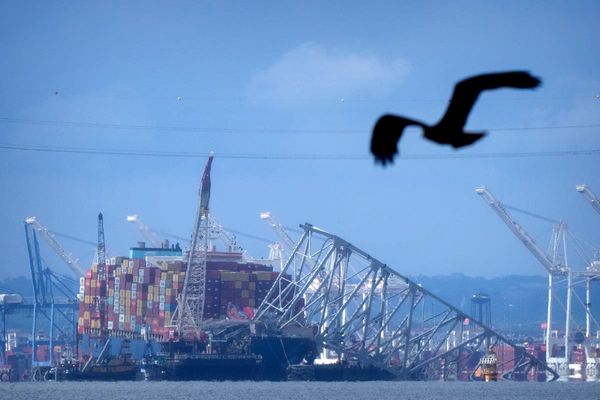
North Korean dictator Kim Jong-un's recent statements and actions suggest a shift in his country's stance towards South Korea and potential preparations for war. In a notable departure from historical policy, Kim has declared that North Korea is no longer seeking reunification with the South and now considers them as a permanent enemy. The leader has also called for an acceleration of war preparations in response to what he perceives as confrontational moves by the United States.
While Kim had previously engaged in talks with former US President Donald Trump, these discussions did not lead to meaningful progress. As a result, it appears that Kim is now adopting a more defensive and isolated posture, emphasizing North Korea's independence and unwillingness to engage in dialogue.
This recent shift in tone raises concerns among international observers. Previously, North Korea had portrayed its weapons tests as necessary for self-defense. However, the current rhetoric appears to take on a more aggressive and belligerent stance. The increased risk comes from the potential misinterpretation of North Korea's activities. A failed exercise or unintentional incident involving faulty weaponry could now be perceived as an attack, prompting a preemptive response from South Korea and the United States.
The role of China in this situation is also significant. China has long been North Korea's closest ally, providing aid and serving as an essential trading partner. The strained relationship between the United States and China, coupled with ongoing diplomatic tensions surrounding foreign aid packages, adds further complexity to the situation. The possibility of increased aggression towards North Korea may potentially antagonize China, thus impacting decisions made by Western and South Korean entities.
Moreover, the international community currently faces multiple challenges around the world. The ongoing conflicts in Ukraine, Israel, and Taiwan are stretching military resources thin for the United States. If it becomes necessary for the US to offer increased support to South Korea, it could further burden Western nations, which are already grappling with resource allocation in the face of existing conflicts. The concern is that these various conflicts, if not properly managed, could escalate simultaneously, contributing to the heightened risk of a global conflict.
While it is important to note that the term 'World War III' is often used symbolically, referring to the combination of multiple conflicts occurring simultaneously, the underlying concern remains significant. The potential repercussions of any tensions between the United States and China, paired with the complexities of various regional conflicts, raises fears about the stability and security of the international order.
In these uncertain times, diplomatic efforts and open channels of communication are crucial in order to defuse tensions and prevent any accidental escalation that could lead to catastrophic consequences. The international community, particularly the United States, China, and South Korea, must navigate this situation with caution and prioritize dialogue to avoid a further deterioration of relations and the potential outbreak of war.







